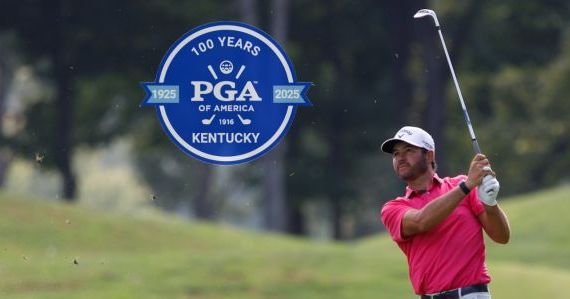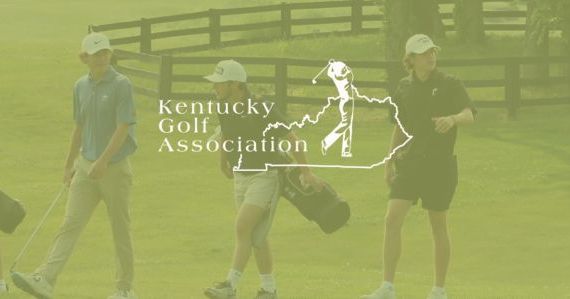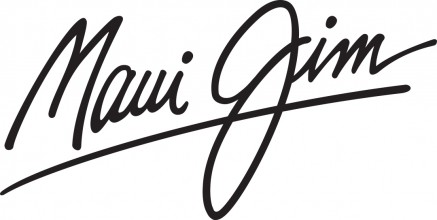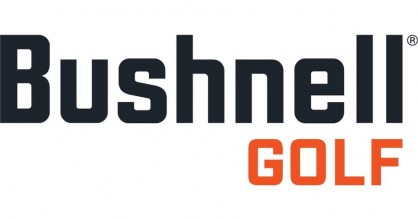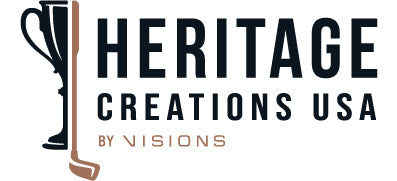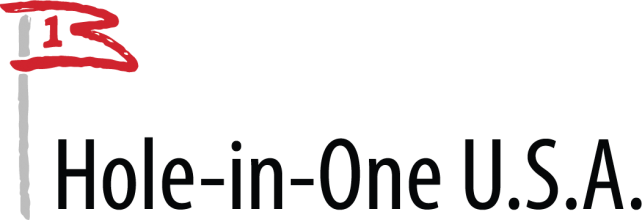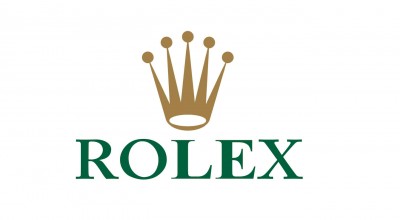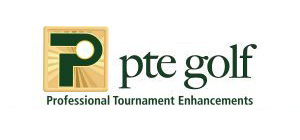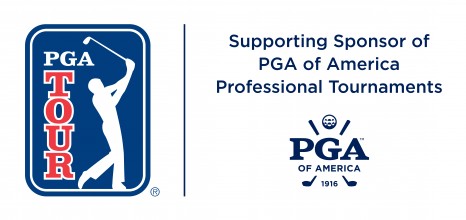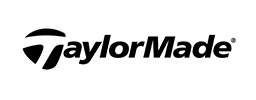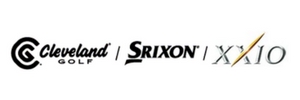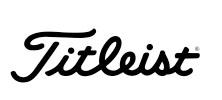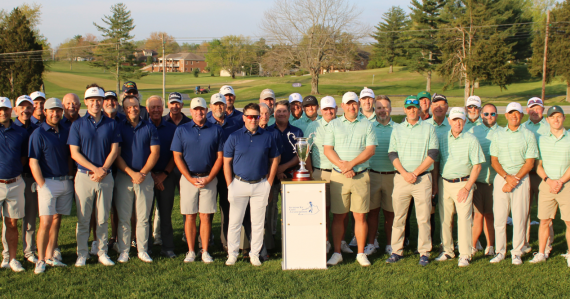
News
Should That be a Penalty? I Don’t Think So! - The Coomer Corner
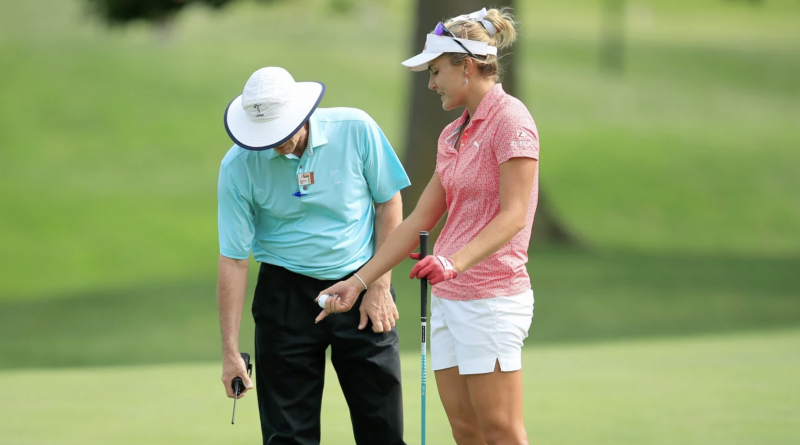
Rules for the Game of Golf
by Bill Coomer, PGA
Referees are always right! Even when they are wrong, they are right. No one can change a referee’s call. There is no use arguing with a referee!
By now, you are either really upset with this article or wondering why the heck I’m defending those who officiate various sporting activities. How can I say the referees are always right when there are so many examples of missed calls at all levels of competitions in football, basketball, baseball, soccer, tennis and more?
Perhaps what I should say now is the referees are enforcing the rules of these games and deciding whether a violation has occurred under those rules. I am just as aware as the next fan that mistakes are made at almost every contest, but most of these mistakes can be corrected before the next play, the next serve, or the next kick is made. We have become a world of fans that think we must voice our opinion, in a very personal manner, and argue about a referee’s call at the top of our lungs or worse, physically assault those who do officiate. Is it any wonder why there is a growing lack of officials to conduct these events? How would you like to be badgered repeatedly when giving your best to provide a fair competition for the athletes involved?
Now that I have stepped off my soapbox, let’s get to the reason for this tirade. Rule 20 provides details of how to resolve rules issues during a round of golf. The purpose of the rule is defined as follows: what players should do when they have questions about the Rules during a round, including the procedures (which differ in match play and stroke play) allowing a player to protect the right to get a ruling at a later time. The Rule also covers the role of referees who are authorized to decide questions of fact and applying the rules. Rulings from the referee or the Committee are binding on all players.
So, the last four words in the previous sentence may be the most important in the entire statement: binding on all players. The twenty-five Rules of Golf have been updated and modified every few years since the first rule was written in 1744, but they have never included the statement: if you want to. As an example, if your ball goes out of bounds, you can go back to where you last hit the ball, if you want to! Or you start the hole from the teeing ground if you want to! The rules have been created and adopted to cover as many scenarios as possible that may occur on the golf course during a round and how to apply them to the individual golfer or team. There is no room for a player’s personal preference of how to proceed when given these scenarios, therefore all players must be guided by the same set of Rules.
“The previous play is under review” has become the norm in so many competitions. Video replay has taken the place of judgement calls on the part of officials in multiple sports except perhaps the one we play. In fact, steps have been taken to minimize the use of video replay in golf. Under Rule 20.2c, the “Naked Eye” standard is applied when using video review. In other words, if the facts shown by video could not reasonably have been seen by a person only using their eyes, the video is disregarded. That does not allow a free violation of the rules if the player is aware that they have breached a rule such as the club touching sand in the bunker even if it could not be seen by the naked eye.
Instead of calling a time out to review and seek assistance with the rules, players are expected to avoid unreasonable delays. In stroke play, a player may proceed by playing two balls or they may protect their rights in match play by asking for a ruling in a statement to their opponents. If there is a referee immediately available to provide options under the rule, the player must decide what to do and play on. Timing is essential concerning match play requests. Whether the request is made before or after the round is complete will determine if the request for a ruling may be honored. There are several factors that determine these decisions.
In stroke play, players may help each other with applying the rules if there are no referees available within a reasonable time. But these applications and agreements are not binding. The agreement may have included an incorrect interpretation of the rule. That would need to be altered and corrected by the referee.
Players can also protect each other by telling the other player that a possible breach has or could occur from their actions. This should be done as soon as possible or before the player’s scorecard is returned to the Committee.
A player can protect himself when in doubt by playing two balls and identifying which ball they wish to count for their score. This declaration must be announced before either ball is put into play with a stroke. The player must also report the facts of the situation to the Committee before returning their scorecard. If they do not follow that procedure, they are disqualified.
As I stated earlier, the referee is always right. I will ease your anxiety a little by stating there are opportunities to question a referee in golf by stating you wish a second opinion. It is not required that they allow this request, but rarely will you encounter a rules official that will deny your request. I will also advise you to be aware of the actions the referee takes when calling for another referee. They should always allow you to discuss your scenario without any interference from the original referee or any prior discussion to your interview between the two officials.
We are all human and mistakes will be made. There is a long-standing quote from those of us who have conducted and/or attended rules seminars. “If you haven’t made a wrong ruling, you haven’t made any rulings!” It happens and it will not stop happening as long as we play this game. You can be the beneficiary of a wrong ruling that is favorable for you if the ruling is not able to be corrected but it may also put you at a disadvantage at times. We hope these are few and far between and your round is not affected at all.
There is no status to a ruling being decided by equity but if a situation is not covered by the Rules, the Committee will use a reasonable, fair, and consistent treatment to resolve the occurrence and decide the proper procedure.
There are several sources that are available for players to read, study and comprehend the Rules of Golf and I encourage every player to spend time getting to know them. You will always benefit from your knowledge of the rules and will enjoy the game that much more.



